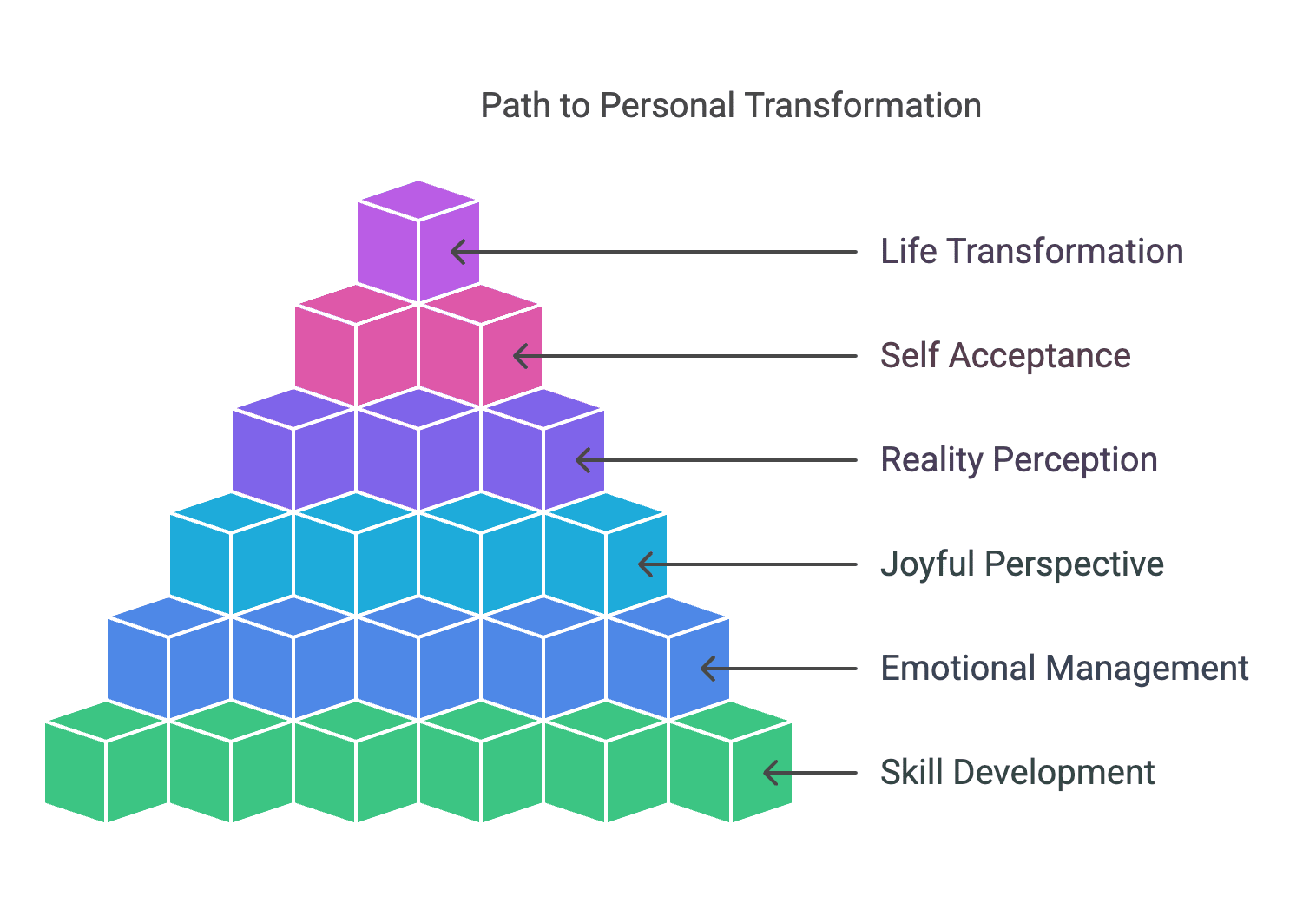Obviously, you should contact a psychotherapist in case of problems. Fortunately, in the modern world, this is no longer considered shameful and scary, and many people successfully heal psychological trauma. But is it worth going to an appointment if, in principle, everything is okay with you? Yes, and now we will tell you about those aspects of psychotherapy that few people think about.
Stop Living on the Minimum
There is a myth that became obsolete in the last century that only mentally ill people go to psychologists. The funniest thing is that the myth became obsolete in the last century but is used in the present. Admit it, but do healthy, successful, and strong people not go to psychologists? Well, right? The client does not necessarily have to have significant disorders for a psychologist or psychotherapist to accept him — a psychiatrist works with clinical cases. Specialists of mental health clinic in Toronto say that almost all clients note improved quality of life after working with a psychotherapist.
At a psychologist’s appointment, all the allotted time is devoted to you, not to your work, family, or responsibilities, but only to spiritual, heartfelt, emotional, and intimate spheres. The psychologist listens to and hears you. He asks clarifying questions to understand the situation and direct your story in the right direction.
After such conversations, even if they are sometimes tricky and provoke tears, the client leaves with relief, feeling that he has gotten rid of the burden he has been carrying on his shoulders all this time along the long road to the psychotherapist. For some, finding their psychologist takes half a century or more, but it is never too late to feel lightness and an elevated mood and bring colors back to the world around you. On the contrary – it is always in time.
Conflict Resolution
Even the most rational, well-mannered, and reserved person can become a hostage to a life situation in which a conflict undermines a good friendship or a strong working relationship or “breaks up” a family.
A conflict is a clash of two parties’ interests, goals, and motives. The reason can be any circumstance, act, action, complex of events, or lack thereof.
You can try to resolve the conflict on your own, but usually, it is not entirely resolved. Something remains behind the scenes, accumulating resentment, anger, and understatement. A therapist will help you understand the hidden psychological causes of a conflict situation and extract the maximum benefit for your development.
Frank Conversations
A visit to a psychologist or psychotherapist is a rare opportunity not to try to seem like someone, to take off all the masks, and not to play a role. You do not need to justify expectations, fulfill someone’s dreams and plans, destroy hope, or care about other people’s feelings.
At a psychotherapist’s appointment, you can openly discuss things that are scary to admit to yourself and especially to loved ones. Most often, loved ones, after listening to your complaints, begin to worry excessively or, on the contrary, give stupid advice like “Forget it,” “Calm down,” and “It’s not a problem; you shouldn’t worry.” Then the problem only gets bigger and hurts more.
A psychologist will not judge, will not give any assessment of your actions or behavior, and will not pass a verdict. He does not lecture or blame. He has a lot of experience, has been through many stories, and knows that anything can happen and anything can be fixed.
And here is an important point: there are no big or small, stupid or serious problems and questions. Everything, absolutely everything, that worries and concerns you can and should be discussed at a psychologist’s appointment.
Information about Your Hidden Talents
And again, shocking content: we are all superheroes. Each of us has a superpower. Everyone has a unique talent. But not everyone can dig it up deep in their souls.
In a routine, in a series of repetitive events, in endless worries and gray everyday life, we can lose our inner glow, energy, strength, and initiative. A person not only does not develop his strengths, he abandons hobbies and interests and forgets about the need to enjoy the little things and rest enough.
Of course, he loses faith in himself as a superhero, but this does not mean his abilities are lost. They are simply inactive. Patients at a psychotherapist’s appointment talk about their favorite hobbies and unexpectedly discover they are brilliant at this. They resume music, fine art, or writing and achieve great success.
Many clients who have long since accepted that genetics has destined them for life with excess weight and health problems lose dozens of kilograms, restore their health, and take part in track and field marathons with the help of a psychologist, people who consider themselves bad parents become the best moms and dads for their children.
Other Positive Effects
If the benefits listed above are insufficient, here are some more positive consequences of working with a psychotherapist.
- Long-term therapy is personal growth training, an opportunity to improve or acquire skills.
- Managing your emotions, in general – managing your life.
- Many things stop bothering you, while others, on the contrary, begin to bring joy.
- A more adequate perception of reality, a broad view of the world and others.
- Acceptance of your qualities; acceptance of others.
- Changing your life scenario to the desired one. That adverse scenario that repeatedly leads us to failures in relationships, business, and career changes to a positive one. Stop “stepping on a rake.”
That is why psychotherapy is not only about healing from trauma and help in a critical situation. People often turn to a psychotherapist to become the “best version of themselves” and stop suffering or putting off life and desires for later.
Conclusion
No person could be harmed by competent psychotherapy. Even if you do not have serious psychological problems, you can get enormous benefits. This will significantly improve your quality of life, allow you to build healthy relationships, and achieve more professionally.





































